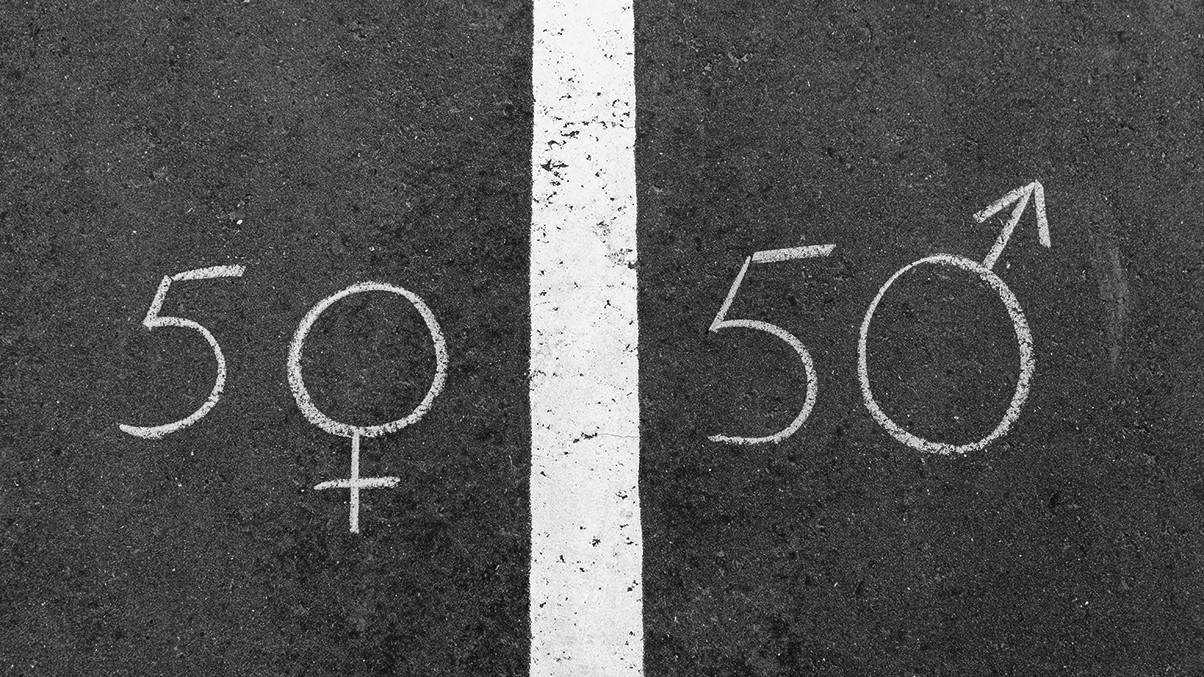Following the judgment in OG v AG [2020] EWFC 52 in July 2020, the recent case of RR v CDS [2020] EWCA Civ 1215 (appealed under TT v CDS) reinforces the importance of litigation conduct in financial proceedings. Both cases address litigation conduct and the consequences on a final order in financial proceedings. In this article, Associate Lydia Fowler and Partner Toby Atkinson look at the decision.
In RR v CDS, it was found that the husband’s conduct had caused an “unnecessary haemorrhage of money” through litigation costs. In making a financial remedies order, the judge considered litigation conduct, as permitted by the Matrimonial Causes Act 1973 Pt II s.25(2)(g). Despite an appeal, the first instance judgment was upheld.
Background
The husband (H) and wife (W) met in 1995, married in 2005 and had two children together, aged 13 and 19 at the time of the proceedings. During their 21 year relationship, the parties had built up a successful mobile phone business, which accommodated a high standard of living for the family. Their assets included a luxury penthouse in Miami and three London properties.
H and W separated in highly acrimonious circumstances in 2016. For four years, H and W were engaged in a raft of litigation including proceedings under the 1980 Hague Child Abduction Convention brought by H’s mother, injunctive relief sought by W, and H being found in contempt of court. All these proceedings were largely a consequence of H’s behaviour.
The parties spent more than £800,000 on litigation in England, with the exact figure likely to have exceeded £1m. The case was described by Mr Justice Cohen as litigation on “a massive scale”, the cost of which inevitably had a significant impact on the overall assets in the case.
Proceedings
The first instance judgment was handed down on 20 December 2019 by Mr Justice Cohen and the order finalised in February 2020. Both parties had relied on conduct in support of their case under section 25(2)(g) of the Matrimonial Causes Act 1973 (“MCA 1973”).
Mr Justice Cohen found that the children had suffered grievously as a result of H’s behaviour towards W and that H was largely responsible for the destructive litigation that had ensued post-separation.
Mr Justice Cohen concluded that there were insufficient assets to do anything other than meet the parties’ needs. On the facts Mr Justice Cohen was sufficiently anxious that H would not provide for W or the children in the future and found that their needs would have to be met through the family business directly. He also established that it was important for W to move forward in life without being excessively burdened by debt (largely related to her expensive litigation funding), but there were insufficient resources available to give H that same freedom.
In such a position, Mr Justice Cohen primarily considered the needs of the children. W was awarded property transfers for two of the three London properties, a cabana in Miami and a lump sum order of £225,000, in addition to the business, which was worth £1.73m net of debts. H received assets worth £634,000 (including the Miami penthouse).
Most importantly, in the context of litigation conduct, Mr Justice Cohen found that the husband’s behaviour since the breakdown of the marriage had been “vindictive and irrational”.
H appealed against the financial remedy order on the basis that Mr Justice Cohen had only considered W’s needs, but failed to consider his needs. H submitted that the judge had specifically made it clear in his judgment that he was not taking conduct into account in reaching his decision, but that he must have done so because that was the only way the division of the matrimonial assets could be justified. The judgment was, therefore, flawed. H argued that if conduct was going to be taken into account, the judge had to make findings as to what the conduct was, assess its financial effect, and not lose sight of the parties’ needs. H asserted none of that had been done.
H’s litigation conduct continued despite his pending appeal. A few days before the appeal hearing, he transferred the Miami penthouse, which was due to be sold to meet W’s claims in default of payment of the lump sum, to his mother. Although not conclusive to the appeal judgment, it was acknowledged by the Court of Appeal.
Judgment
Despite the representations made on behalf of H, his appeal was dismissed. The Court of Appeal took the opportunity to provide guidance on the approach to conduct. The court set out the following:
- Litigation conduct can be taken into account under s25 of MCA 1973. Generally, the approach is that litigation conduct within financial remedy proceedings will be reflected in a costs order. However, that will not always be the case, and in some circumstances, litigation misconduct may need to be taken into account when determining the award itself,
- It is desirable for a judge to make clear that conduct is being taken into account and provide a reasonably structured analysis of its effect on the ultimate award, but it is not strictly necessary, and
- A court is entitled to prioritise the needs of the party that is ‘not guilty’ of litigation conduct and can depress the ‘guilty’ party’s award below their needs where it is justified to do so in all the circumstances of the case.
In light of the above, the Court of Appeal did not agree that Mr Justice Cohen’s approach had been wrong, or that the award he had made was not justified. The court was of the view that Mr Justice Cohen had primarily considered the needs of the children and their primary carer, and had then taken H’s litigation conduct into consideration when determining the final award.
The court did not accept that conduct cannot lead to a party receiving less than their needs. The burden of maintaining the children was likely to be met by W. Mr Justice Cohen was entitled to conclude that the resources awarded to W were no more than sufficient to meet her needs and that the amount allocated to the husband (having taken into account H’s future prospects and conduct) was a just share of the assets, and sufficient to meet his needs.
With regard to the disparity of awards between the parties, the court concluded that it would have been substantially less but for the dissipation of assets caused by the destructive litigation by H. In reality, if the legal costs accrued by W were portioned out into those attributable to H’s conduct and those incurred in the natural course of proceedings, then the disparity between the awards received by H and W were in fact minimal.
Conclusion
This judgment is helpful guidance as to how judges are to accommodate circumstances where conduct has harmed one party to financial proceedings. It is clear that the court is permitted to, and will, take into account misconduct during litigation to achieve a fair outcome.
You can find further information regarding our expertise, experience and team on our Divorce and Family pages.
If you require assistance from our team, please contact us or alternatively request a call back from one of our lawyers by submitting this form.
Subscribe – In order to receive our news straight to your inbox, sub






